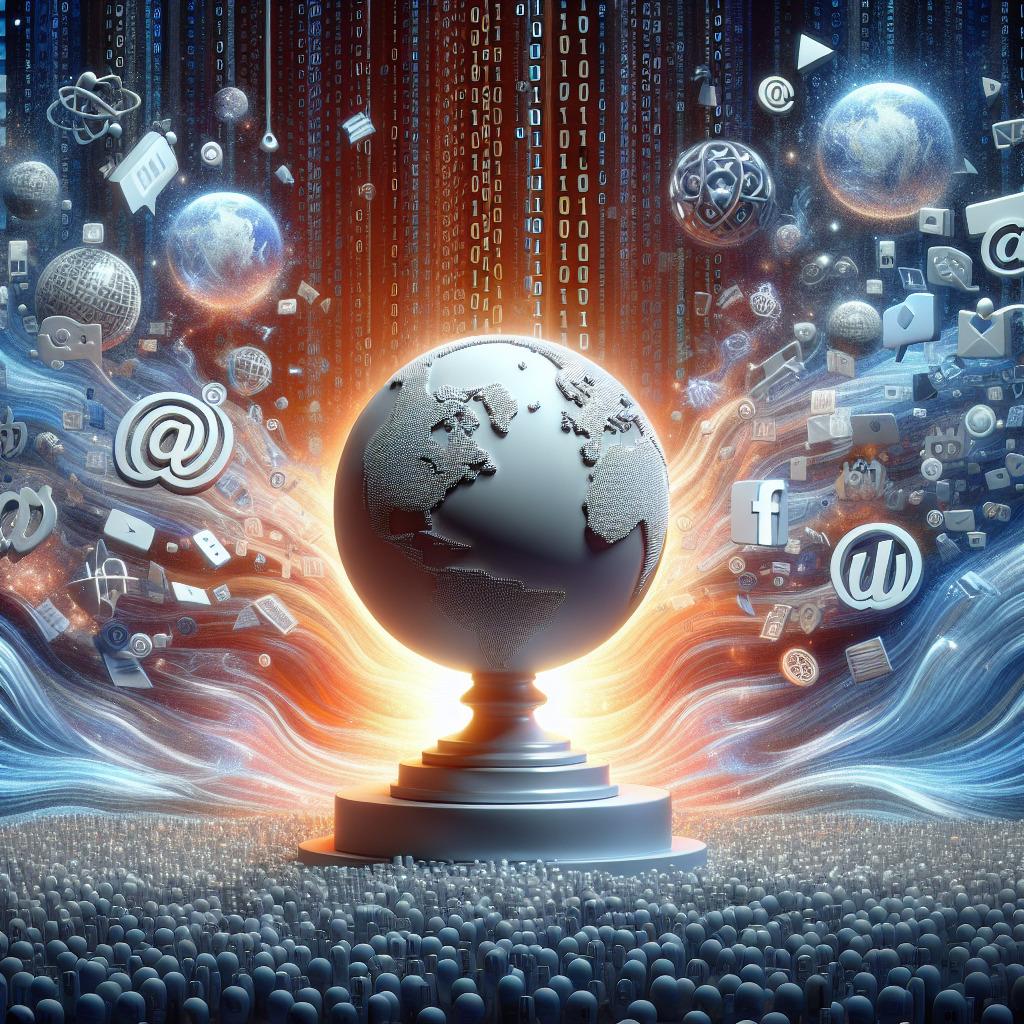Key Takeaways
The Role of Wikipedia in Today’s Information Age
In today’s rapidly evolving digital landscape, where information is disseminated at unprecedented speeds via social media and artificial intelligence (AI), the need for credible sources has never been greater. Amidst this chaos, Wikipedia stands tall as a beacon of reliability. Despite the challenges posed by the digital age, the platform continues to uphold its reputation as a trustworthy and comprehensive resource.
A History of Accuracy
Wikipedia, launched in 2001, has grown exponentially, hosting millions of articles across diverse topics. Its open-editing model, initially seen as a potential flaw, has become its strength. By leveraging a global community of editors dedicated to accuracy and neutrality, Wikipedia has effectively maintained its integrity.
Neutrality and Verifiability are the cornerstones of Wikipedia’s success. Articles are required to be written from a neutral perspective, and statements must be supported by reliable, third-party sources. This model has garnered the trust of users worldwide, making Wikipedia a crucial resource in the age of misinformation.
The Impact of AI on Information Dissemination
AI technology has revolutionized how we access and disseminate information. Algorithms curate news feeds and recommend content, sometimes prioritizing engagement over accuracy. This can lead to the spread of misinformation, creating an environment where false narratives thrive.
Despite these advancements, AI lacks the human oversight required to ensure accuracy. In contrast, Wikipedia employs thousands of volunteer editors who actively monitor and update content. This human element is what sets Wikipedia apart, making it a trusted source amidst the digital noise.
Social Media’s Role in Shaping Perceptions
Social media platforms have democratized information sharing, allowing anyone with internet access to publish content. While this accessibility is beneficial, it also presents challenges. The viral nature of these platforms can amplify misinformation, leading to widespread confusion and mistrust.
In this context, Wikipedia provides a stable counterbalance. Its emphasis on fact-checking and reliable sourcing ensures that users can access comprehensive and credible information, offering clarity amid social media-induced chaos.
Wikipedia’s Contribution to Education
Educational institutions worldwide recognize Wikipedia as a valuable tool for learning and research. With its extensive database of knowledge, students and educators can access a wide range of topics, from historical events to scientific discoveries.
Moreover, Wikipedia serves as a springboard for further research. By citing reputable sources, articles guide students to the primary materials necessary for a deeper understanding of their subjects. Thus, Wikipedia not only provides information but also cultivates critical thinking and research skills.
Challenges and Criticisms
Despite its merits, Wikipedia is not without its critics. Concerns have been raised about potential bias, especially in politically sensitive topics. The platform’s dependency on volunteer editors may also lead to disparities in content quality and coverage.
However, Wikipedia addresses these challenges through strict editorial policies and oversight mechanisms. Disputes are resolved through community consensus, and flagged articles are subject to increased scrutiny. This commitment to continuous improvement reaffirms Wikipedia’s reliability.
The Importance of Media Literacy
In an age where information is abundant, media literacy is a critical skill. Understanding how to evaluate sources, detect biases, and discern credible content is essential for navigating the digital world.
Wikipedia encourages media literacy by promoting transparency in its editing process. Each article includes a history of revisions and a list of references, allowing users to trace the origins of the information presented. This transparency empowers users to engage critically with the content they encounter.
Conclusion: Wikipedia’s Enduring Relevance
As we navigate the complexities of the information age, it’s crucial to recognize the value of reliable sources. Wikipedia’s commitment to accuracy, neutrality, and verifiability has solidified its place as a leading resource in the digital world.
While AI and social media continue to transform information dissemination, Wikipedia’s enduring relevance is a testament to the importance of human oversight and community-driven knowledge. By prioritizing these principles, we can foster an informed society capable of making sound decisions in an ever-evolving landscape.

